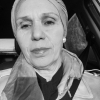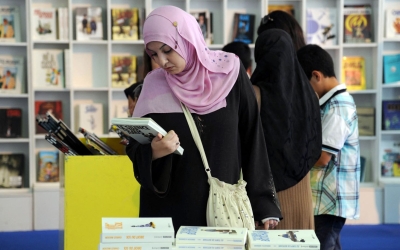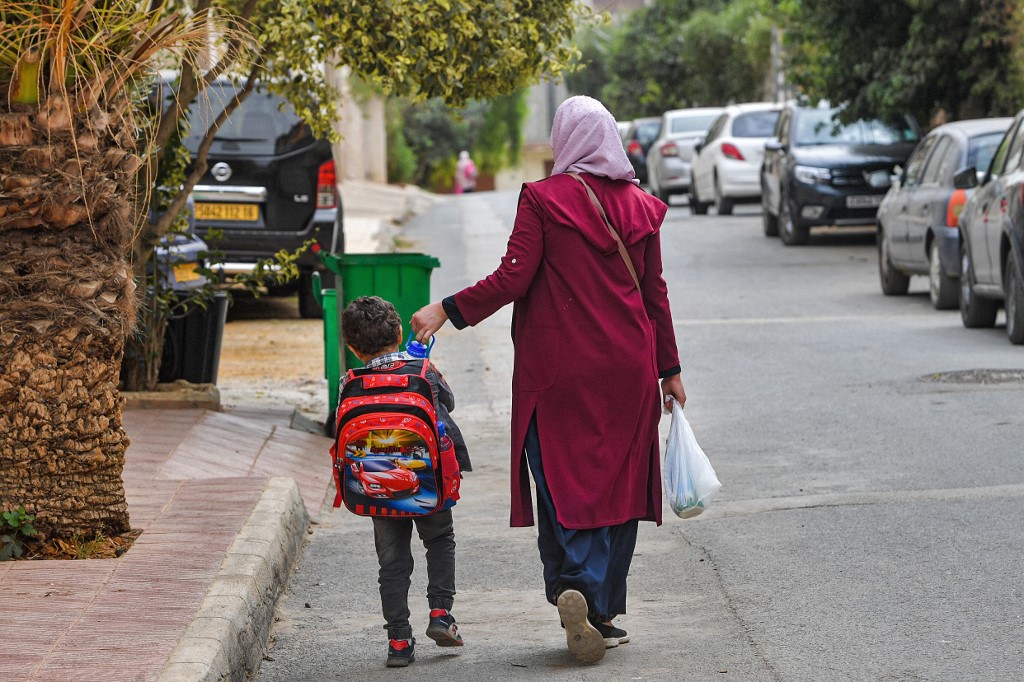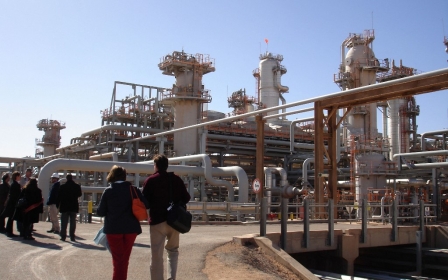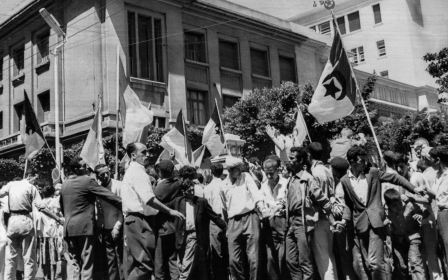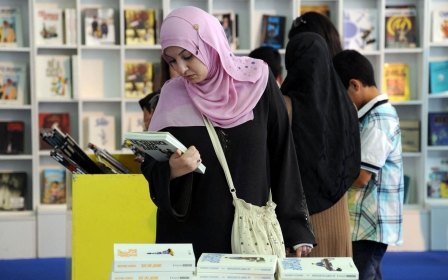Algeria: Moving from French to English won't resolve the country's problems
The Algerian government’s decision to introduce English in a bid to replace the teaching of the French language at primary school level has raised, once again, the long-standing political debates that have marked the territory since its colonisation.
This announcement by President Abdelmadjid Tebboune in June seems like a positive step for the country given the universality of the English language.
But the history of Algeria’s languages has always been paved with political agendas, and this time is no different.
The presence of the French language in Algeria is riddled with colonial violence. During 132 years of French colonisation, the indigenous population experienced a constant threat to their lives, languages, culture and religion.
New MEE newsletter: Jerusalem Dispatch
Sign up to get the latest insights and analysis on Israel-Palestine, alongside Turkey Unpacked and other MEE newsletters
Language and colonial violence
Arabic-language schools that existed prior to European settlement were replaced by a Francophone schooling system which only a small minority of Algerians were able to access. Not only was the French language therefore imposed by force, but it was also made very exclusive.
Nevertheless, many of the select few who did receive French colonial schooling became nationalist militants, some even leaders of Algeria’s war of independence.
These évolués (evolved Algerians), as they were called by the occupiers, used the French language that was supposed to indoctrinate them in favour of a "French-Algeria", as a weapon against their oppressors.
This arguably made French one of the languages of liberation alongside Arabic, Darija (Algerian dialect), and Tamazight (Berber).
Indeed, the period of French rule marked the Algerian people and defined the official language of the country even after its 1962 independence.
The words of Abdelhamid Ibn Badis, founder of the Association of Algerian Muslim Ulema, that “Islam is our religion, Arabic is our language, Algeria is our homeland” had underlined the character of the nationalist struggle as well as the independent nation.
In an effort to culturally decolonise the country – especially under Houari Boumediene’s rule – Arabisation policies were implemented across the education sector.
The method of linguistic transition was aggressive, not well thought out, and failed to engage the base of academics and workers who were required to implement the switch to Arabic.
Furthermore, whilst Arabic was the linguistic banner under which the nation was being (re)built, Algeria’s ethnically diverse population meant that other languages and dialects were also in existence.
Tamazight was still the mother tongue of many Algerians. Despite also enduring colonial repression, Berber was not officially recognised as a national language during this period.
The Algerian government justified this rejection by claiming that the alternative would result in dividing people amidst a new-found "Algerian unity". This decision was heavily opposed, and a strike as well as mass demonstrations known as the "Berber Spring" were organised in the 1980s and 1990s.
It took until 2002 for Tamazight to even be recognised as the second "national language" in Algeria, and only since 2016 was it proclaimed an "official" language that could be introduced into education - though this was mainly confined to the Kabyle (Berber) regions.
The communities concerned, activists and intellectuals who defended the struggle for this recognition, considered this a superficial gesture. The fact that the state judged it sufficient to train teachers to teach Tamazight in just two weeks only reinforced this view.
Furthermore, it was understood to be a silencing tool by the Algerian government in order to deter further demands for democratic rights.
History repeats itself
The rollercoaster of state-enforced language policies in Algeria continues still. In fact, Tebboune’s latest campaign is not even an innovative one. In the 90s, parents were given the choice of allowing their children to learn English instead of the French language at primary school. The majority opted for French.
The minority who were in favour of English came from poor neighbourhoods that had been influenced by conservative views which associated the French language with anti-Islamic values.
The experiment was highly criticised by language experts, educators and psycholinguists, as pupils who had been enrolled in English classes had great difficulty adapting.
But with the Algerian state, there’s always an agenda. The latest state policy is just another political manoeuvre with dire consequences for the Algerian people. It especially serves as a convenient baton for the Algerian government to beat its former colonisers with.
It is no secret that language is a precious symbol of national identity for France. It is actively protected by the state that perceives the English language to be a cultural threat. In 1994, a law was even introduced to limit the amount of non-Francophone music being played on radios.
Any weakening of French language presence in Algeria therefore sends a message to the Elysee Palace. This is perhaps unsurprising following the number of disputes that Emmanuel Macron has had with the Algerian government.
On the 60th year of Algeria’s independence, this is also used as a legitimising tool for the Algerian state that relies considerably on the chapter of colonial rule to arouse support.
Tebboune’s not so 'new' Algeria
Tebboune’s "New Algeria", as his government puts it, is unfortunately no different than the old one, both because he is a continuation of the former post-colonial leadership led by ousted president Bouteflika, and because he too is hastily introducing policies that will detrimentally impact future generations.
Such drastic changes that will affect 20,000 schools across the country are not well thought out. The justifications that Tebboune gave only highlighted this further. He announced that, "French is the spoils of war, but English remains the international language."
Tebboune making such a blanket statement adds salt to a gaping wound that many Algerian academics, intellectuals, artists and musicians have certainly not healed from: the Black Decade.
The government is yet again partaking in a diversion exercise as it ignores urgent issues that the Hirak raised about a failed, repressive political system
During these years, many were attacked, and some killed for their use of the French language, despite having served in the nationalist struggle against France, and despite their preservation of Algerian history, culture, political consciousness and religious thinking through their work.
The very line used to justify their targeting under the guise of being anti-Islamic colonial stooges is now casually echoed by the president. It is insensitive and highly divisive for Tebboune to state such things.
Once again, Algerians find themselves without meaningful interventions from their government, left to a reality of rising poverty, unemployment, and poor quality education.
Tebboune should undoubtedly support the education sector, but his focus is misguided. He would do well to invest in deteriorating schools and universities, where young people (the majority population) are so hopeless that they are seeking dangerous means of reaching European shores to just have a chance of a future.
As opposition figure and Hirak leader Karim Tabbou explained, the government is yet again partaking in a diversion exercise as it ignores urgent issues that the Hirak raised about a failed, repressive political system, the divestment from healthcare and education, and state violence.
Indeed, Algerian children will be left unable to academically master a single language due to the lack of provisions for this transition into English in schools.
In the end, the state will also have to pay the price for this, not just because it means a future workforce will not be adequately formed in a single language, but also because they will carry the anger of this linguistic stunting, and place the blame at the door of their leaders.
The views expressed in this article belong to the author and do not necessarily reflect the editorial policy of Middle East Eye.
Middle East Eye delivers independent and unrivalled coverage and analysis of the Middle East, North Africa and beyond. To learn more about republishing this content and the associated fees, please fill out this form. More about MEE can be found here.


